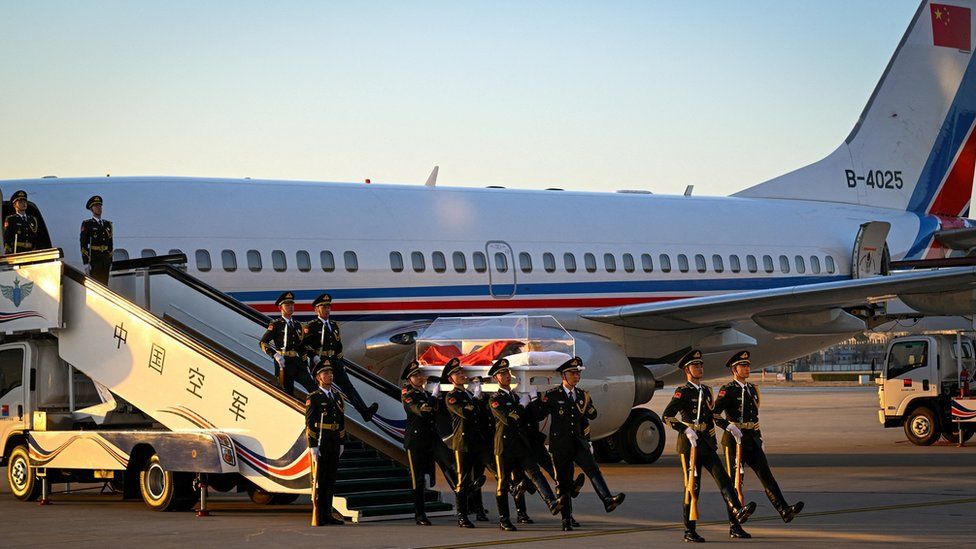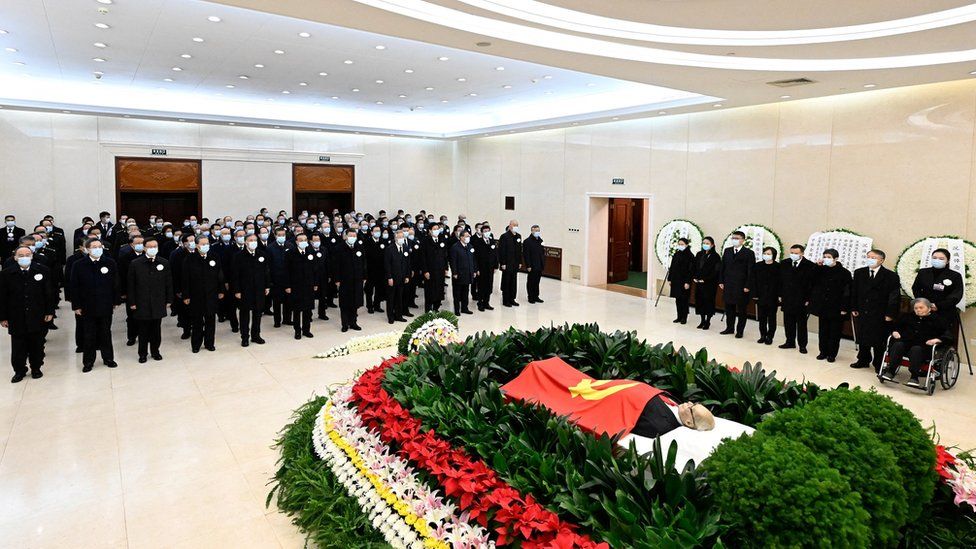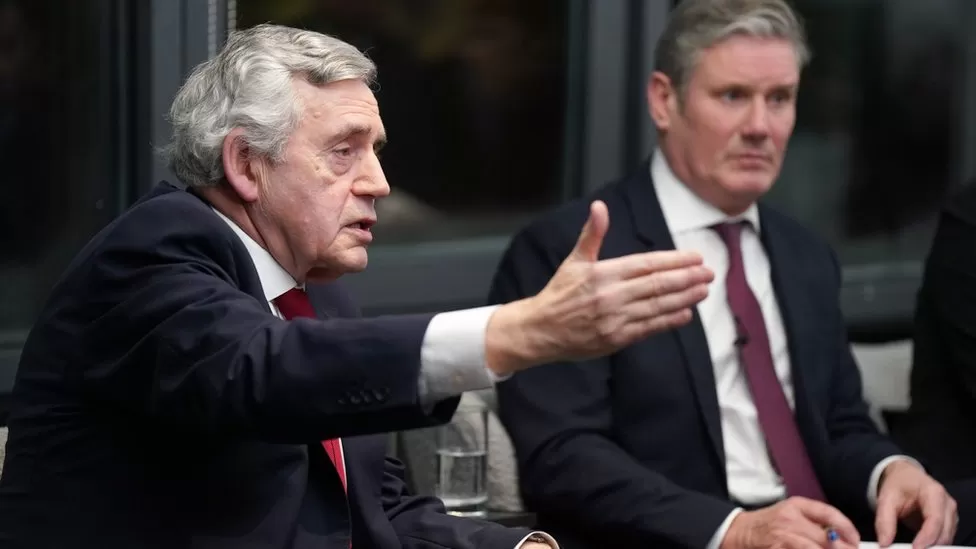Punjab Chief Minister Pervez Elahi on Sunday revealed that it was former chief of army staff (COAS) General (retd) Qamar Javed Bajwa who asked Pakistan Muslim League-Q (PML-Q) to side with Pakistan Tehreek-e-Insaf (PTI) when the no-confidence motion was moved against then-prime minister Imran Khan.
Elahi’s statement comes after his son and PML-Q leader Moonis Elahi said that General (retd) Bajwa had advised them to back PTI.
He maintained that both PTI and Pakistan Democratic Movement (PDM) had made offers to them, however, Gen (retd) Bajwa asked them to support the Khan-led party.
In an interview with a private TV channel, Elahi, endorsing Moonis’ claim, said: “God changed our path at the last moment when they were heading towards PML-N and sent Gen (retd) Bajwa to show us the way.”
He maintained that Gen (retd) Bajwa advised them that the path towards the Khan-led party is better for them.
Responding to a question, Elahi said that he received offers from both camps — PTI and PDM — but in line with the advice of the former army chief, his party preferred to choose Khan.
The chief minister maintained that his son Moonis had also suggested to side with the PTI.
Commenting on his past experience with the PML-N supremo Nawaz Sharif and Prime Minister Shehbaz Sharif, CM Elahi said that there were always apprehensions about the Sharifs “lying”.
“I was with the Sharifs for 18 years, they always lied to us. I would [often] say the Sharifs won’t let me do anything for the province,” he said recalling his discussion with the “institution” on whom to support following the no-confidence motion.
“When we discussed with the institution, they suggested thinking about what was better for us. We consult the institution when a situation arises,” Elahi said, adding that the institution told them that choosing PTI was a “respectable and better option”.
He maintained that it was the institution’s kindness for guiding the PML-Q.
The chief minister asserted that his party has always supported all the chiefs of the institution and never gave a statement against them.
Responding to whether PML-Q’s supremo Chaudhry Shujaat Hussain has had similar encounters with the institution, Elahi said that he has not had any conversation with General (retd) Bajwa.
Punjab’s chief minister further said that neither the PTI chief nor the ex-army chief has played a “double game”.
“Circumstances and events leave one in such a place that no way is left to take a decision. The decision could be right or wrong,” he said highlighting that both the PML-Q and Khan’s decision was right.
In response to his stern statement about Khan’s close relations with the establishment, he expressed: “The thing is, I made the ‘nappy’ remark in anger. It damaged me as well.”
Elahi makes case for status quo till March
Amid all the political controversy regarding the dissolution of the assemblies as announced by Imran Khan, the Punjab chief minister said that nothing would be happening in the next four months.
“Talks were the best option at the time, adding that dissolution of the assembly depends on how the Centre behaves (with the province.)”
He said that till March, talks should be held on reforms and Election Commission.
The people “who matter” will make them sit and talk, adding that what we have committed we will do.
Usman Buzdar as CM
Revealing the nomination of Usman Buzdar as Punjab chief minister, the PML-Q leader that Lt-Gen Faiz Hameed and Jahangir Tareen Buzdar as CM.
He said that had Lt-Gen Faiz agreed to some of his proposals, the three-four years that have been wasted on administrative problems (in Punjab) wouldn’t have.
FIR on Imran Khan attack
About the row between the Punjab government and the PTI over the first information report (FIR) on the attack on Imran Khan in Wazirabad, the Punjab CM said that the former premier has no grievances against them on the non-registration of the FIR issue.
“We had asked them to read the Constitution. We cannot register FIR against judges or army officers of this level.”
‘Granting extension to Bajwa biggest mistake’
A day earlier, for the first time since spending three and a half years with former chief of army staff (COAS) General Qamar Javed Bajwa, the PTI chief said: “Giving extension to him [Gen Bajwa] was my biggest mistake.”
“I would trust whatever ex-COAS General Bajwa said. I would tell him that both of us are [thinking about] the country; our purpose is one — to save the country,” Khan added.
The former prime minister added that he didn’t know how he was being lied to and betrayed.
“I knew during the last days and also received a report from the Intelligence Bureau (IB) about a game being played,” Khan said, adding that his informant from the IB would notify him verbally and not in writing following fears.
Accusing the ex-army chief of betrayal, Khan said that whenever he asked Bajwa about the conspiracy, he replied that they want continuity.
The former prime minister said that he complained to Bajwa that his allies were hinting that the army is forcing them to change their loyalty and you are saying that forces are “neutral”.
He revealed that leaders from MQM-P and other parties had also told them about the ex-COAS Gen Bajwa’s role.
“We were astonished that they were telling me something else and we were getting other signals from there [allies],” Khan said.
Why was extension offered again, asks govt
PM Shehbaz Sharif castigated PTI Chairman Khan for aiming to seek power even if it means undermining the country’s foundations.
“Imran’s recent diatribe against parliamentary democracy is the latest in a series of attacks that fly in the face of how democracy functions in modern nation-states,” the premier said in a tweet.
PM Shehbaz believes that his politics’ sole aim was coming back into power through any means necessary.
“His (Khan’s) politics is aimed at making his way to power even if it means undermining foundations this country stands on,” the prime minister expressed.
Commenting on Khan deeming the extension to former chief of army staff a “big mistake”, Railways Minister Khawaja Saad Rafique, earlier today asked: “If giving the extension was a mistake, then why was it offered again?”















